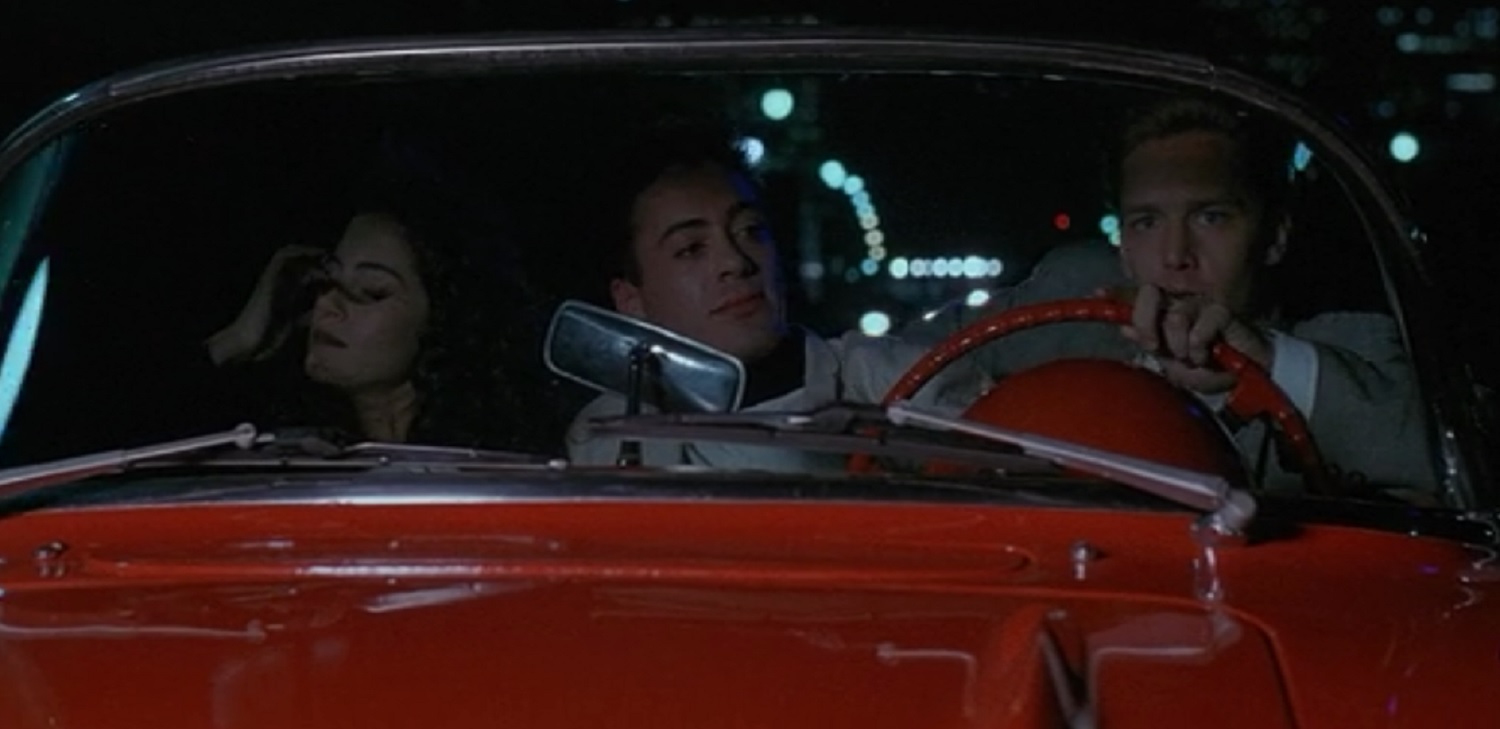From the depths of Netflix is our ongoing series that explores the seedy back alleys of everyone’s favorite streaming service. No movie is too small or unheard of to escape our reviewer’s gaze. Thinking about wasting a Sunday afternoon watching one of these masterpieces? Let us do it for you first.
Most know Bret Easton Ellis by name and for those who don’t they’re certainly familiar with American Psycho, albeit most likely through the film adaptation. I’m admittingly in that camp as I’ve yet to read a Bret Easton Ellis novel and instead opting for the film adaptations, as was the case with Less Than Zero.
Vaguely familiar with the plot as the story has been floating around nearly three decades now I had a general understanding of what I was in for: money, sex and drugs. Though I wasn’t wrong I was very impressed with the emotion that coursed throughout the film. Robert Downey Jr. undoubtedly drew inspiration from his own life to bring rawness to his character, Julian, a trust fund kid turned junkie. Opposite Julian is his lifelong friend, Clay, who chose college and clean living after high school only to return at Christmas to find Julian in disarray. Additionally, there is Blair who adds fuel to the fire by being a love interest to both men.
The story unfolds in a manner that isn’t particularly original at first glance with all the common themes of a coming of age story. That being said, when you recall that the book was written in 1985 and the movie made in ’87 you have to think that it was at the foreground of this type of coming of age story telling. While the themes of finding one’s self post high school, drug abuse and friendship still hold true today the 80’s synth music and overall style of the film do not. And while it might be dated it is in such a delightfully vintage 80’s way that you can’t help, but be excited when you see an answering machine with a cassette tape or ridiculous clothing or really anytime 80’s superstars Downey Jr., James Spader or Andrew McCarthy, of Weekend at Bernie’s fame, are onscreen.
By the end of the story you’re invested in the characters and want all to be okay, but you’ve also come up with the few possible ways it could end and although predictable, it works. The pacing of the film is what I believe makes the end work so well. Think of a pitcher throwing 100mph down the center every single time and then for the final strike he goes down the center, but slows it down significantly. That’s the end of the film. You have an idea what’s coming, but the timing of it makes it beautiful.


